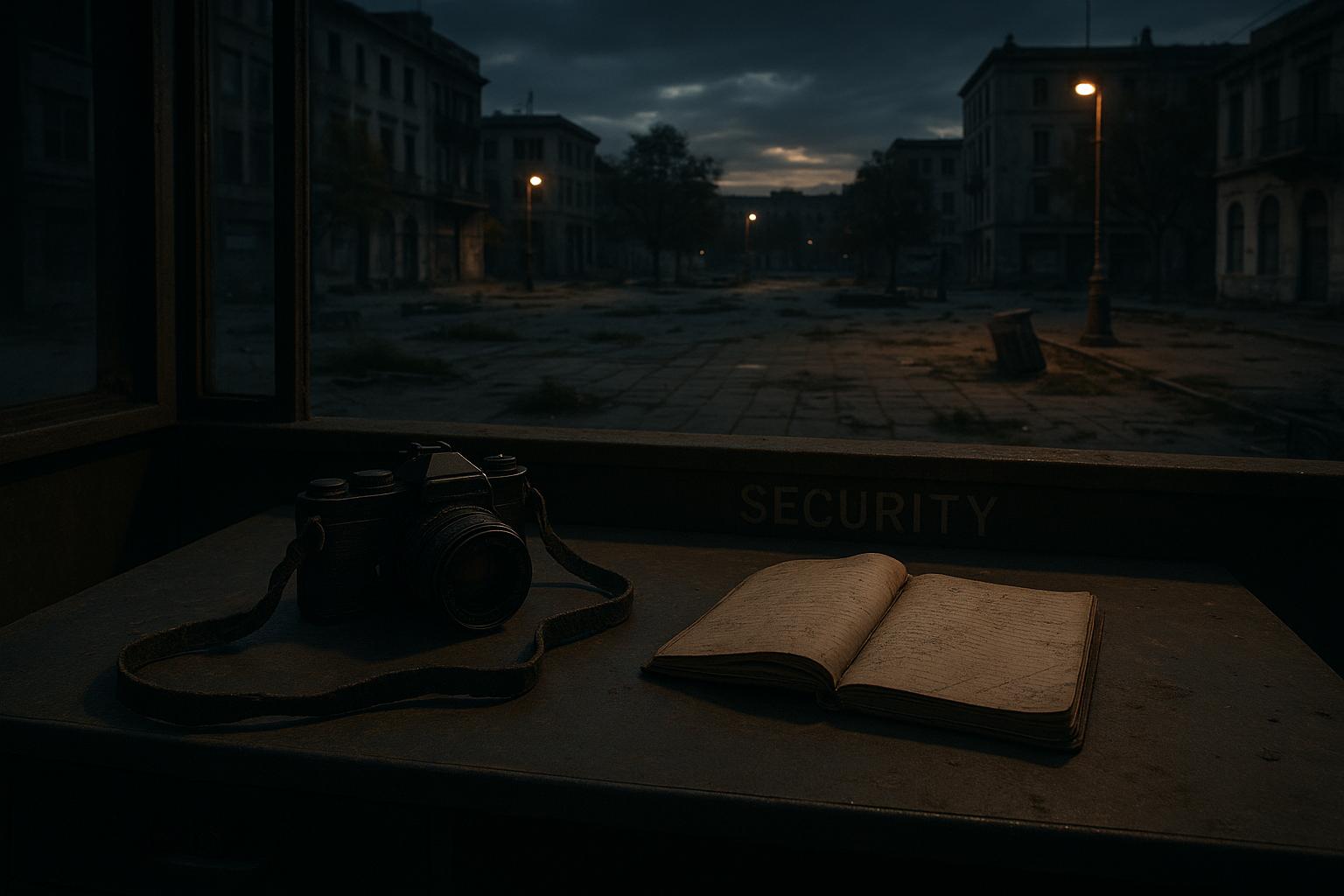On a bright August morning in 2024, Leicester Square became a stark illustration of Britain’s declining safety standards. An 11-year-old girl was violently attacked—grabbed in a headlock and repeatedly stabbed—by a knifeman, Ioan Pintaru, a Romanian national now facing trial for attempted murder. Remarkably, it was not the Metropolitan Police who brought the attacker under control but two private security operatives from My Local Bobby, highlighting a disturbing shift in Britain’s approach to law and order. Far from a sign of a thriving police force, this incident exposes the crumbling confidence in public policing and the dangerous reliance on unaccountable private security firms to fill the gap.
Founded in 2016 by disgraced former Metropolitan Police detective David McKelvey, companies like My Local Bobby have grown into the de facto police force for Britain’s wealthiest communities. This private security firm, now employing around 150 "bobbies" and plain-clothes detectives, operates under a model that prioritizes profit over public safety. While these private forces claim to tackle petty crimes and antisocial behaviour, their very existence underscores the failure of the police to maintain law and order. The police, starved of resources—losing some 1,000 officers in the past year alone—are increasingly unable to respond effectively to rising crime rates. Meanwhile, private firms are stepping in, offering what should be the responsibility of the state: a sense of security.
The truth is, Britain’s police are on their knees—funds drained, manpower dwindling, and confidence plummeting. Crime statistics paint a bleak picture: shoplifting costs the economy over £2.2 billion annually, overtaking police capacity at every turn. Public trust in the police has fallen to just 49%, a sharp decline from a decade ago, as officers become increasingly invisible on the streets. Now, instead of a publicly accountable police force, residents are being pressured to pay hefty fees—up to £125 a month—to private security firms that patrol wealthy neighbourhoods, respond swiftly to concerns, and appear more present than the police themselves ever could be.
This dangerous privatization of security is fundamentally at odds with the principles of a fair society. These private forces often operate in areas marked by stark social disparities, attracting criticism that they risk creating a patchwork of security—privileged enclaves shielded from the realities faced by ordinary Britons. Critics warn that such reliance on private security fuels social division, turning communities into fortresses of the wealthy while leaving the rest unprotected. Already, fears abound that these firms, motivated by profit, may inadvertently encourage criminals to target areas where the supposed "security" can be bought, further exacerbating inequality and disorder.
Despite dismissive claims from private security executives about their market-driven role, the truth is that their expansion is a direct response to the government’s failure. The illusion that private companies can substitute for a broken police system is just that—a false hope. The government’s neglect and austerity have created a vacuum, now filled by these profit-driven firms that prioritize quick profits over genuine community safety. As their footprint grows, questions about accountability, oversight, and true public service remain unanswered—raising serious concerns about whether Britain is trading long-term security for short-term profit.
The rise of private policing portends a bleak future: a divided nation where the safety of the few is bought at the expense of the many. The establishment’s failure to uphold law and order is clear. Instead of grappling with the root causes of crime and restoring a robust and accountable police force, Britain risks becoming a society where security is a commodity for the wealthy and a distant dream for the majority. This isn’t just about policing—it’s about the very fabric of social justice and fairness in a nation that is supposed to serve all its citizens, not just those who can afford private protection.
Source: Noah Wire Services
